20-08-2023 | di COOPI
Mauritania. EU visits El Mina leather tanning center
The European Union's visit to Mauritania at the leather dyeing center of El Mina, a district of the capital Nouakchott, took place on August 1, 2023, as part of the European Union-funded "West Africa Competitiveness Support Programme - Mauritania component" (PACAO) project.
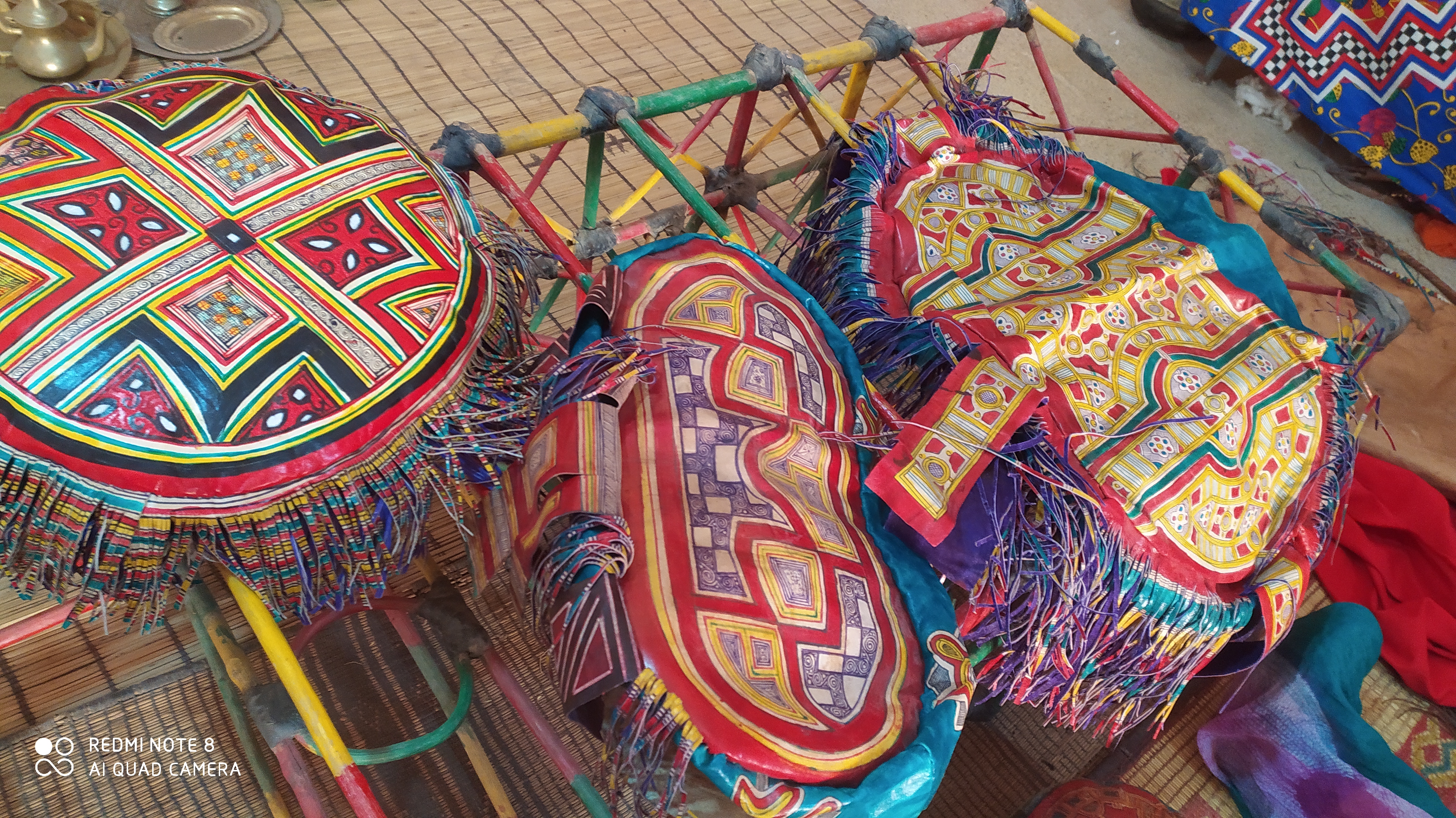
Leather manufacturing, along with the poultry and gum arabic supply chain, is one of the country's business sectors in which the project has decided to invest in order to produce competitive goods that can ensure the creation of skilled and sustainable jobs with higher incomes.
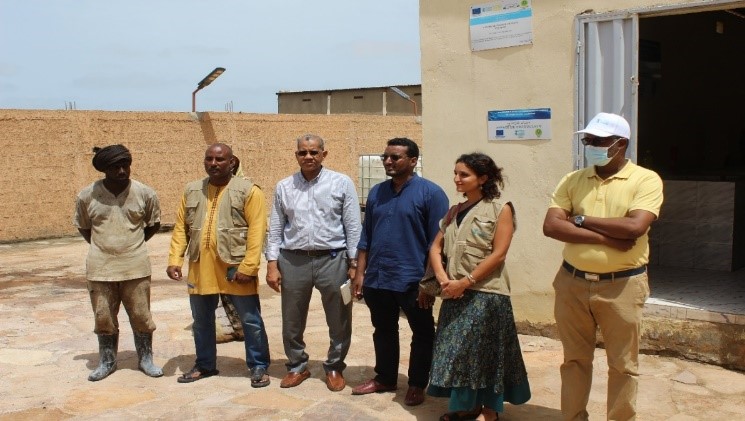
During the visit, the EU delegation could participate in the explanation of the various stages of the dyeing process, which ensure the production of high-quality, odor-free leather. The process lasts at least a week, from soaking in fresh water to sanding, de-pressing, feeding the leather, washing, and dyeing. The project coordinator then presented the roadmap for making the center operational. Its construction required mobilizing international experts from Niger in order to identify priority needs in terms of capacity building and equipment. Subsequently, the equipment identified by the international experts was installed and the beneficiaries were trained in the use and maintenance of the machines.
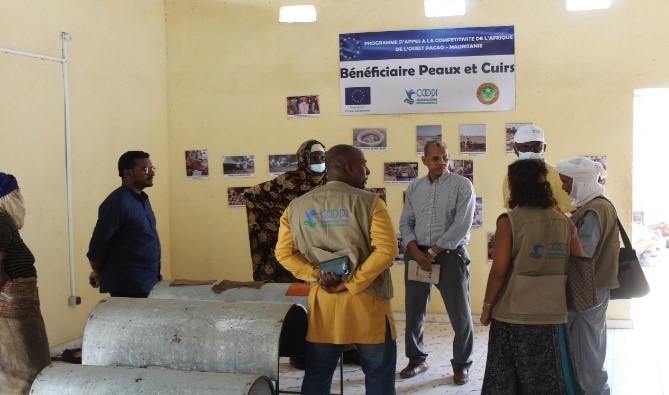
Despite the challenges the project faces, many results have already been achieved; the leather tanning center will allow for increased local production and marketing, taking into account health, gender and sustainable management of the resources used.
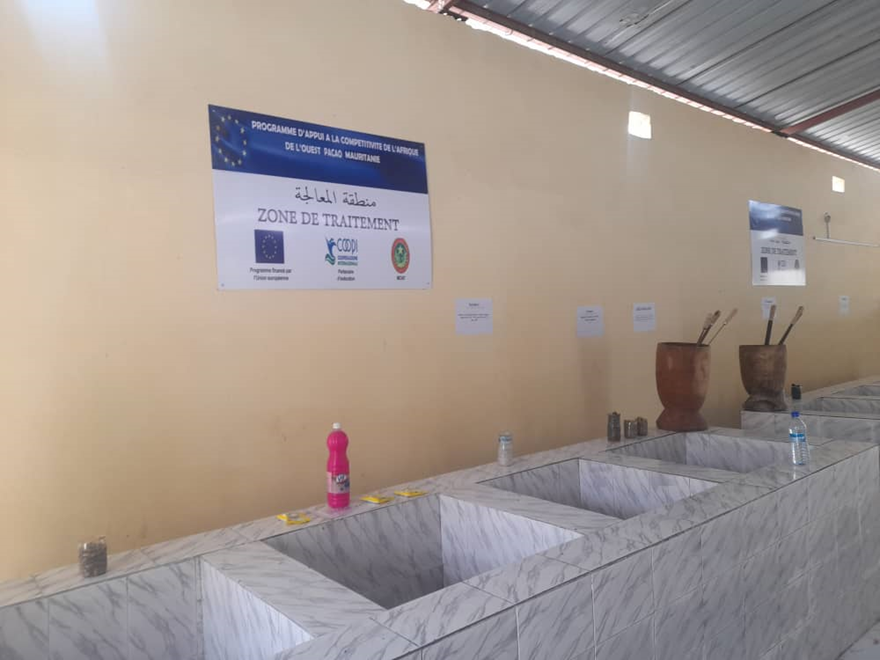
In Mauritania, COOPI-Cooperazione Internazionale works with the goal of strengthening the economic autonomy of the host and refugee population, especially from Mali, in areas with high levels of food insecurity and lack of basic infrastructure and services that further contribute to their isolation. Since 2019, the PACAO project, has already achieved several milestones that benefit the work of the artisans, with the possibility of technical training and the facilitation of access to credit from financial institutions, thus ensuring profitable, skilled and sustainable work.
(The contents of this article are the sole responsibility of COOPI and do not necessarily reflect the views of the Union).
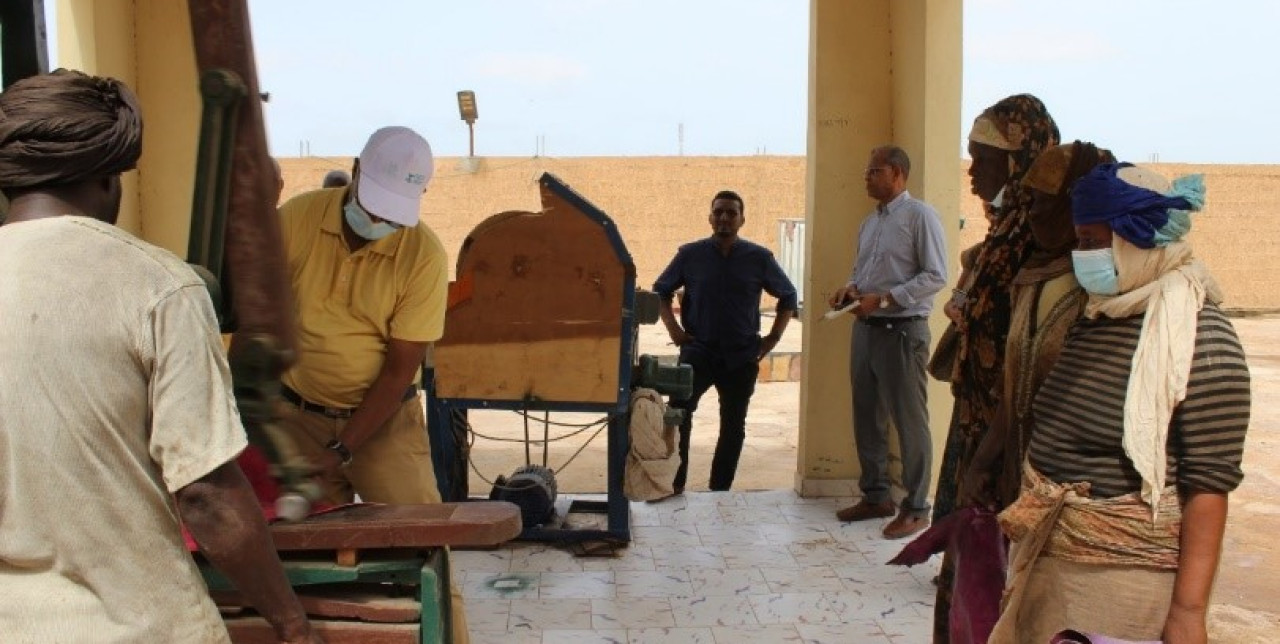



 Mauritania
Mauritania